17 GPTs for Constitutional Analysis Powered by AI for Free of 2026
AI GPTs for Constitutional Analysis are advanced tools that leverage the capabilities of Generative Pre-trained Transformers to scrutinize, interpret, and provide insights into constitutional texts and legal frameworks. These AI-driven platforms are specifically engineered to address the complex requirements of constitutional analysis, enabling efficient examination of legal documents, case laws, and statutory provisions. They play a pivotal role in offering bespoke solutions, ensuring that constitutional professionals and enthusiasts can navigate the intricacies of legal texts with enhanced accuracy and contextual understanding.
Top 10 GPTs for Constitutional Analysis are: IndiaGPT,Propuesta de Nueva Constitución,ConstitucionGPT,TÜRKİYE CUMHURİYETİ ANAYASASI,日本国憲法,KONSTYTUCJONALISTA AI,Constitution Guide,Experte für die Deutsche Verfassung,GPT Constitucional Ultra-Rápido,ANALISTA NUEVA CONSTITUCION - GPT
IndiaGPT
Empowering Legal Understanding with AI
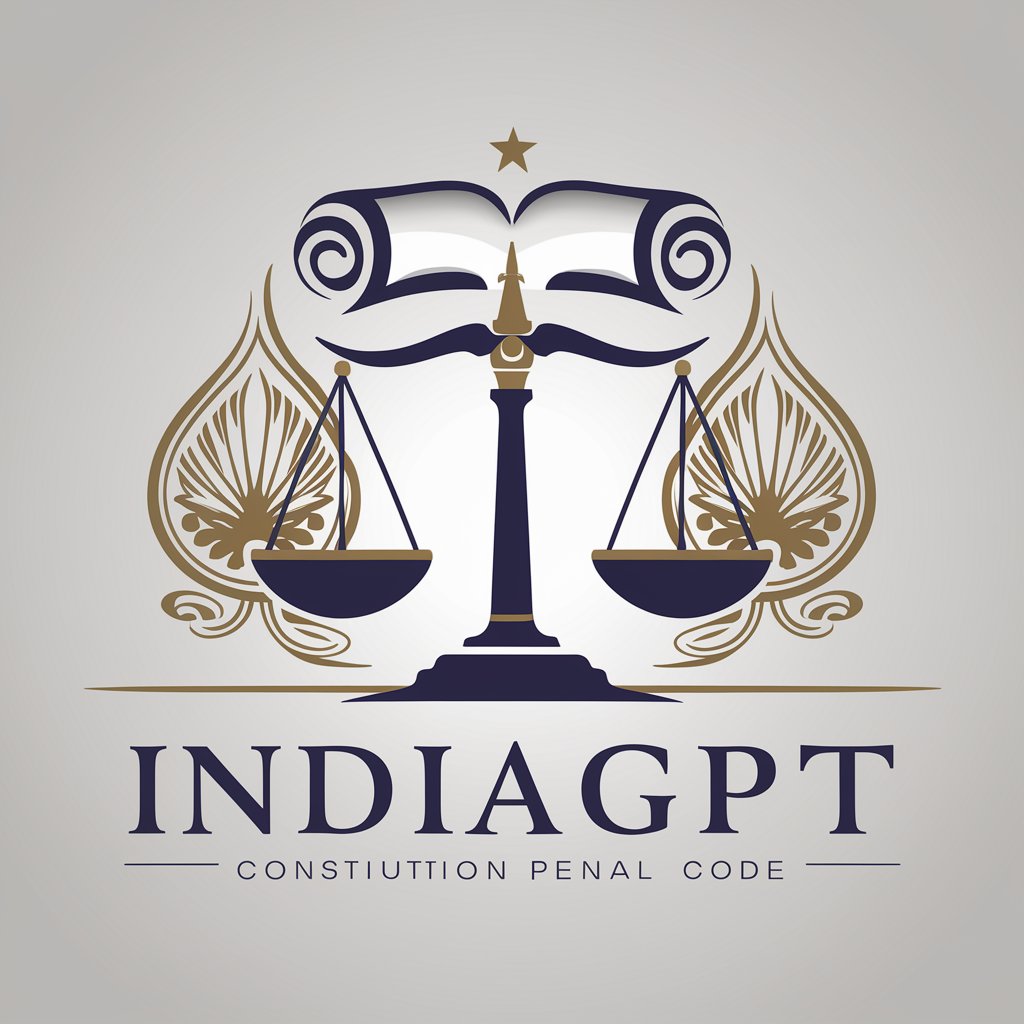
Propuesta de Nueva Constitución
Navigating Chile's Constitutional Path with AI

ConstitucionGPT
AI-powered Chilean Constitutional Guide
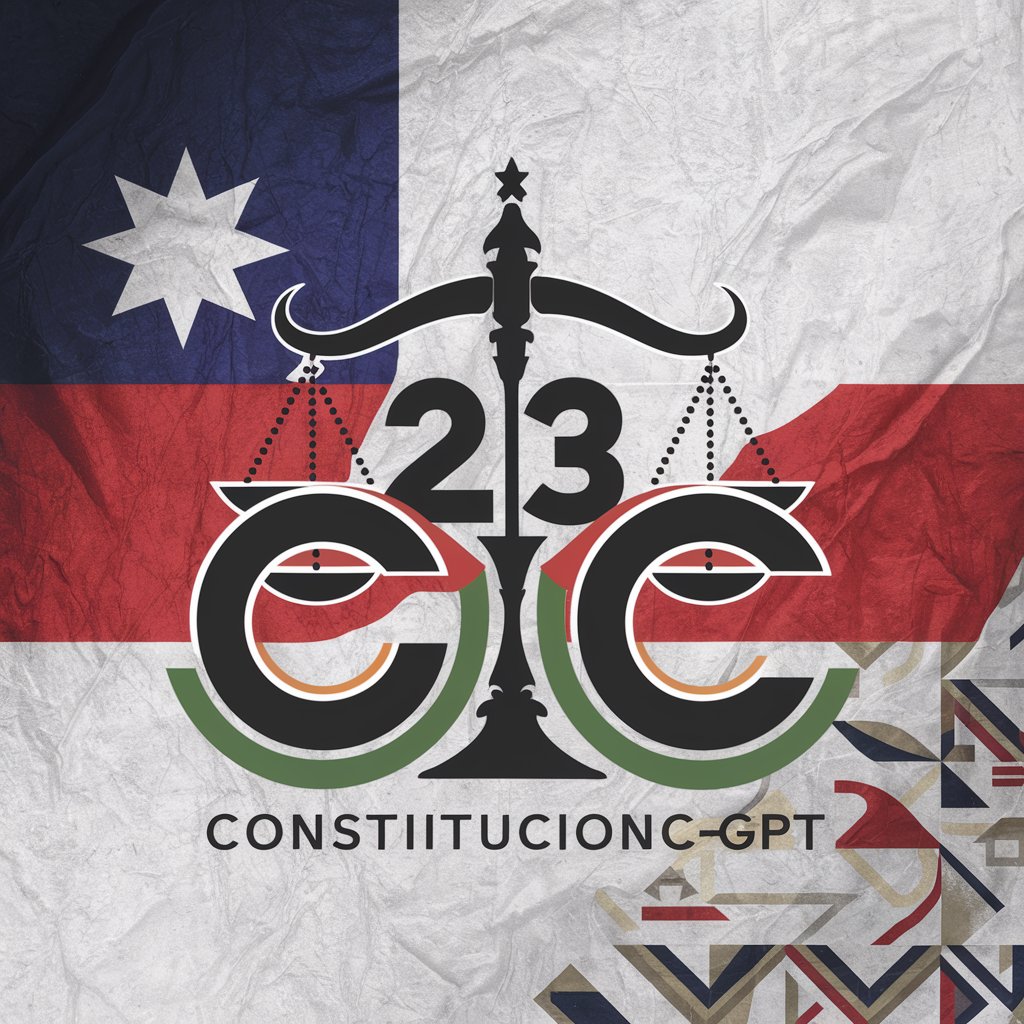
TÜRKİYE CUMHURİYETİ ANAYASASI
Empowering Constitutional Understanding with AI
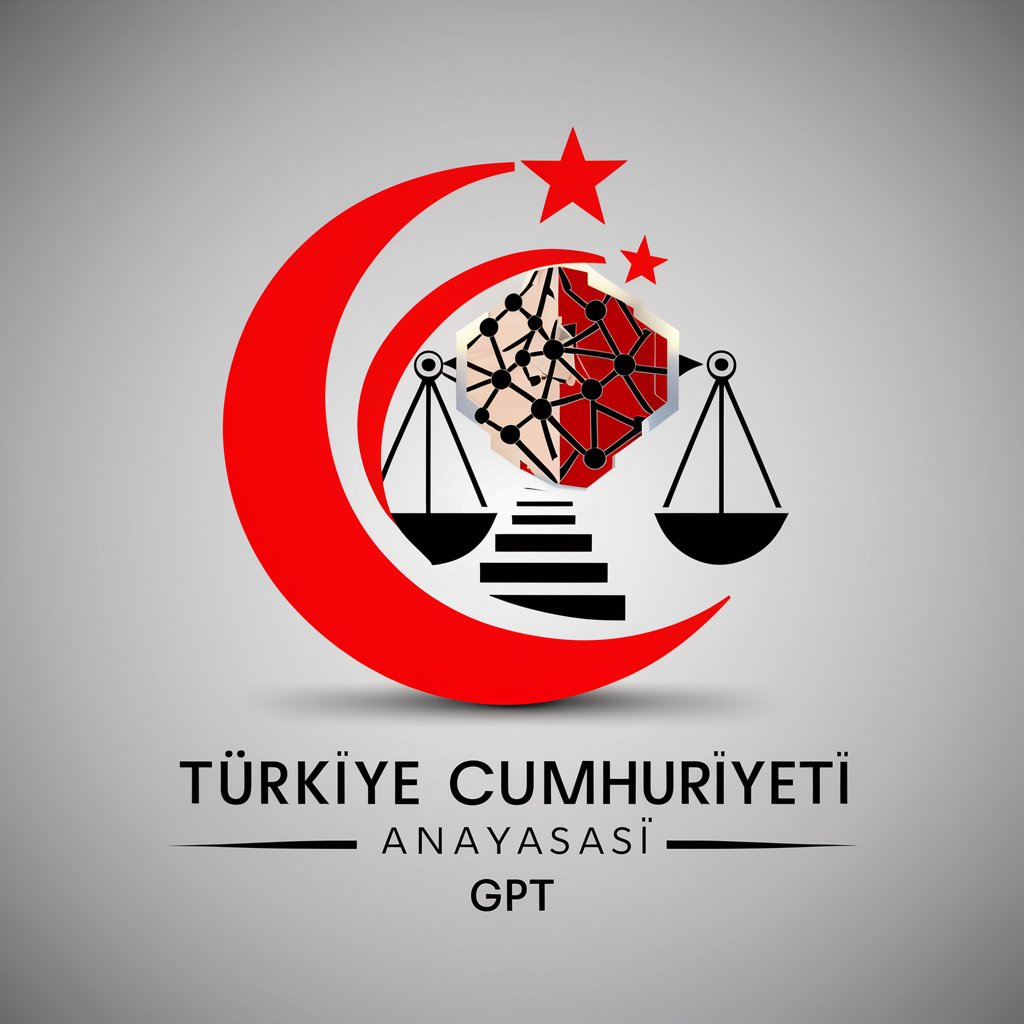
日本国憲法
Empowering Constitutional Understanding with AI
KONSTYTUCJONALISTA AI
Empowering Constitutional Understanding with AI

Constitution Guide
Deciphering Brazil's Constitution with AI

Experte für die Deutsche Verfassung
Empowering Constitutional Understanding with AI

GPT Constitucional Ultra-Rápido
Unlocking Chile's Constitution with AI

ANALISTA NUEVA CONSTITUCION - GPT
Empowering Legal Insights with AI
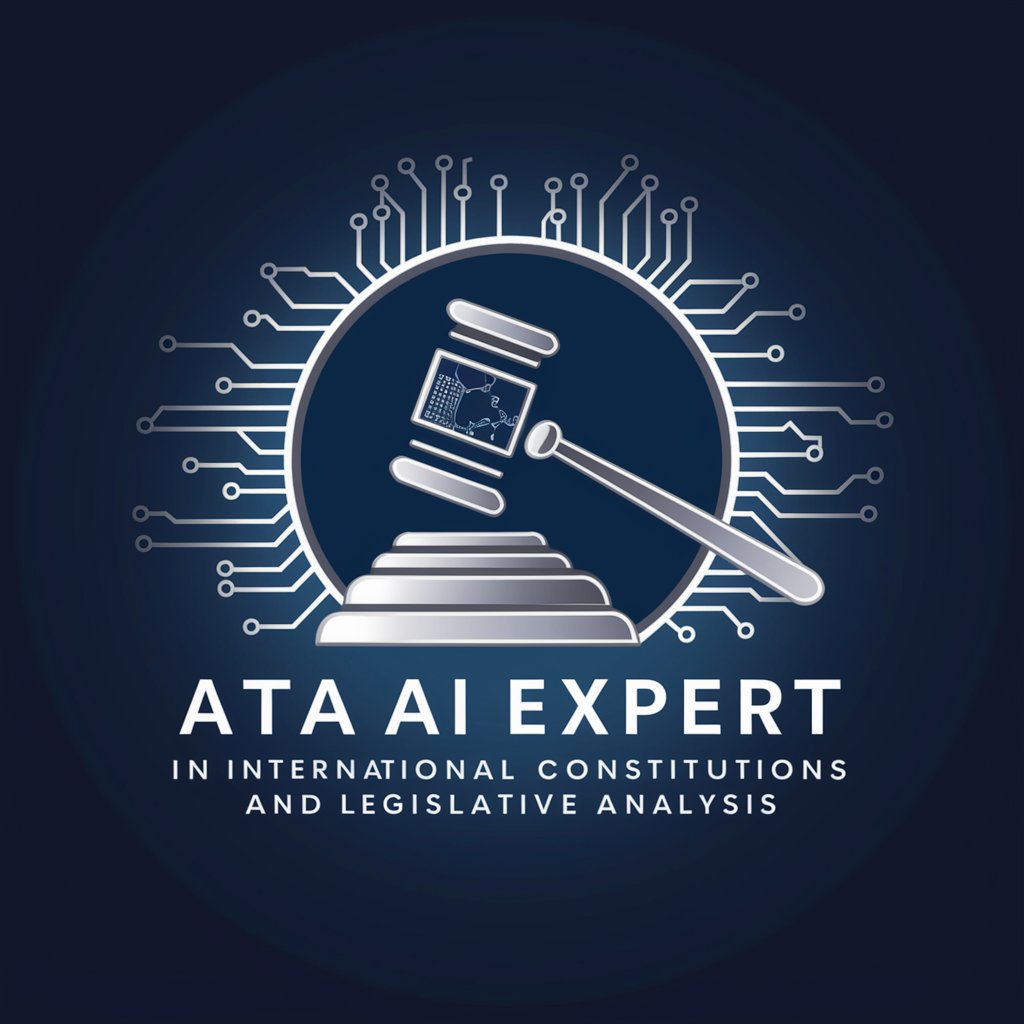
Constituyente Chile
Unveiling Chile's Constitutional Pathways with AI
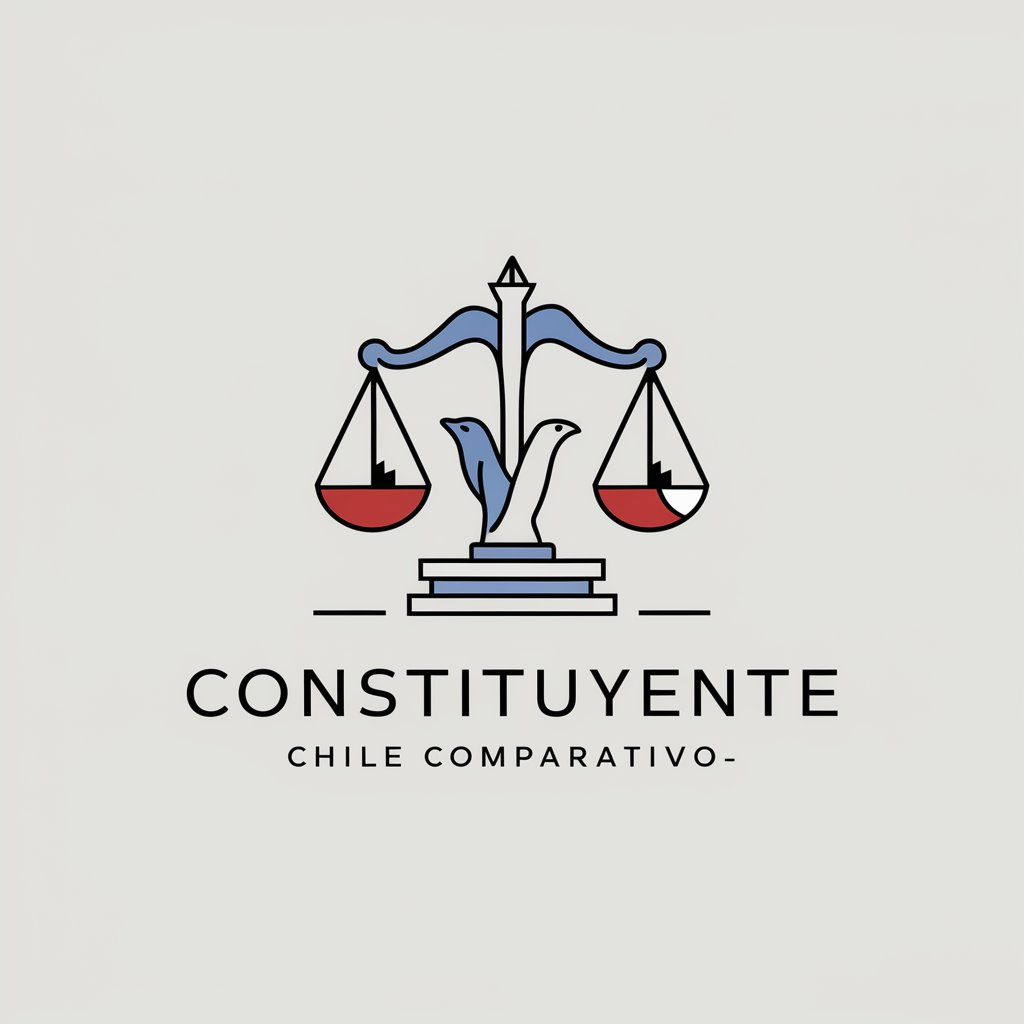
Canada Constitution Guide
Demystifying the Canadian Constitution with AI

ExploraConstituTec
Unveiling Chile's constitutional evolution with AI.

Guru da CF
Unlocking the Brazilian Constitution with AI

La guía de la constitución española
Expert insights into Spain's constitutional law.

Indian Constitution Guide
Deciphering the Constitution with AI

US Constitution Guide
Empowering Constitutional Understanding with AI

Principal Attributes of AI GPTs in Constitutional Scrutiny
AI GPTs for Constitutional Analysis are distinguished by their advanced adaptability, facilitating a range of functions from basic text interpretation to complex legal analysis. Key features include sophisticated language understanding, adept at deciphering legal jargon, technical support for data-intensive tasks, web searching for the latest case laws, image creation for visual data representation, and comprehensive data analysis tools. These features collectively ensure a comprehensive and nuanced approach to constitutional analysis.
Intended Beneficiaries of AI GPTs in Constitutional Analysis
These AI GPTs tools cater to a diverse audience, including legal novices seeking to understand constitutional tenets, developers aiming to integrate AI in legal frameworks, and professionals like lawyers, constitutional scholars, and policy makers. They offer user-friendly interfaces for non-coders, while also providing advanced customization options for programmers and tech-savvy users, ensuring accessibility and adaptability to various expertise levels.
Try Our other AI GPTs tools for Free
Home Decor Crafting
Discover AI GPTs for Home Decor Crafting: your intelligent assistant for creative and efficient home decor planning and execution. Tailored for both DIY enthusiasts and professionals.
Eco-Friendly Art Projects
Explore the intersection of AI and eco-friendly art with our specialized AI GPTs tools. Designed for sustainability-minded creators, these tools blend advanced AI capabilities with a deep commitment to environmental artistry.
Sustainable Fashion Customization
Revolutionize your fashion brand with AI GPTs for Sustainable Fashion Customization. Embrace eco-friendly, personalized designs with cutting-edge technology.
Electronic Waste Innovation
Discover AI GPTs for Electronic Waste Innovation – advanced AI tools designed for sustainable e-waste management, offering data analysis, process optimization, and innovative recycling solutions.
Creative Recycling Solutions
Discover AI GPT tools for Creative Recycling Solutions - innovative, AI-driven approaches enhancing recycling practices with adaptable, high-tech solutions for a sustainable future.
Creative Ideation Platform
Discover how AI GPTs revolutionize creative ideation with adaptable, user-friendly tools designed for professionals and novices alike in creative fields.
Enhanced Perspectives with AI GPTs in Legal Landscapes
AI GPTs for Constitutional Analysis redefine how legal professionals and enthusiasts approach constitutional texts. With user-friendly interfaces and seamless integration with existing systems, these tools offer a unique blend of accessibility and customization. They serve as indispensable assets in modern legal workflows, providing deep insights and fostering a more informed and efficient legal analysis process.
Frequently Asked Questions
What exactly are AI GPTs for Constitutional Analysis?
AI GPTs for Constitutional Analysis are sophisticated AI tools designed to assist in the interpretation and understanding of constitutional texts. They leverage the power of Generative Pre-trained Transformers to analyze legal documents and provide relevant, context-aware insights.
Who can benefit from these AI GPTs tools?
These tools are beneficial for a wide spectrum of users including legal students, constitutional lawyers, policy analysts, and legislators, offering tailored assistance ranging from basic understanding of constitutional texts to in-depth legal analysis and policy formulation.
Do I need coding skills to use these AI GPTs tools?
No, these tools are designed with user-friendly interfaces that do not require prior coding skills. They provide intuitive guidance and support to help users navigate through the functionalities easily.
Can these tools be customized for specific legal research?
Yes, AI GPTs for Constitutional Analysis offer customization options, allowing users to tailor the tools to their specific research needs, whether it involves certain legal provisions, case laws, or comparative legal analysis.
How do AI GPTs handle complex legal jargon?
These tools are equipped with advanced language models that are trained to understand and interpret complex legal terminology, ensuring accurate analysis and insights into constitutional texts.
Are there any privacy concerns with using AI GPTs for Constitutional Analysis?
These tools are designed with stringent data security and privacy protocols to ensure that all analyses and data inputs are handled securely, maintaining confidentiality and integrity of the legal information.
Can AI GPTs provide comparative constitutional analysis?
Yes, AI GPTs are capable of performing comparative analysis across different constitutional frameworks, aiding in the understanding of cross-jurisdictional legal principles and their applications.
How do AI GPTs stay updated with current laws and amendments?
AI GPTs for Constitutional Analysis are regularly updated with the latest legal databases, case laws, and statutory amendments to provide the most current and relevant legal insights.